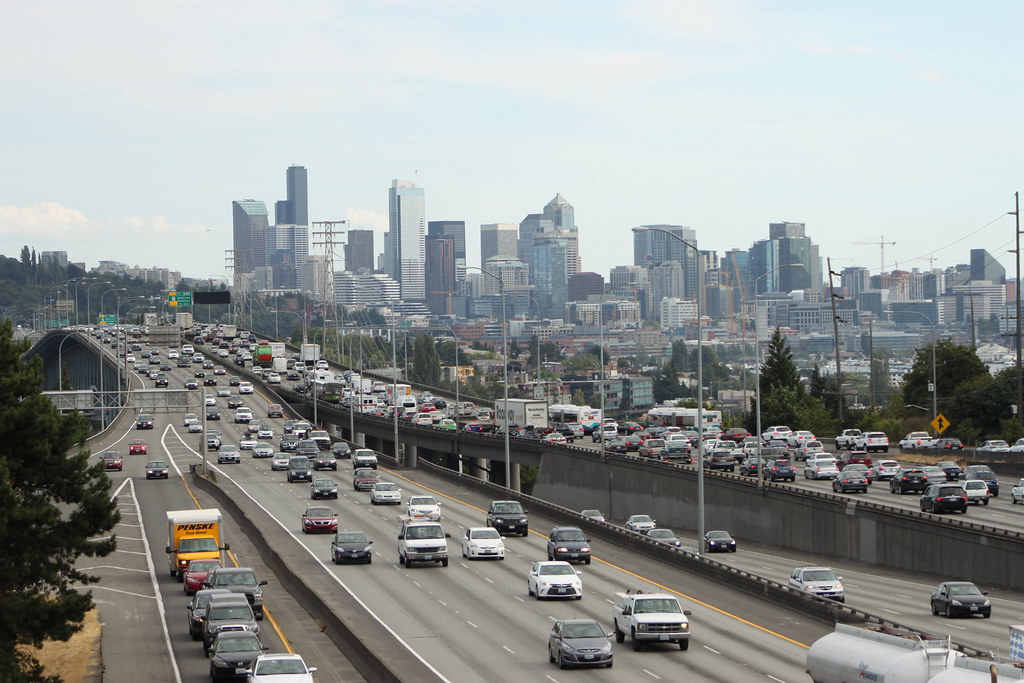Inflation in the Denver metro area reached a record high in January

Inflation in the Denver metro area reached 7.9% in January, the highest ever recorded total, according to the latest data from the Bureau of Labor Statistics (BLS).
Households across the metro area paid more than $2,900 more on average for housing, transportation, and food last year compared to 2020. These items account for more than 80% of average household expenditures, according to an analysis of the data by the Common Sense Institute, a free-enterprise think tank.
“High inflation erodes savings and increases the costs of daily commutes, groceries, and other consumer goods,” the analysis said. “This threatens the financial health of Colorado citizens and the strength and swiftness of the state’s ongoing economic recovery.”
Denver’s inflation rate was 0.4% higher than the national average of 7.5%. The rate was primarily driven by price increases in energy (24.9% increase) and transportation (21% increase), according to CSI’s analysis.
Inflation in the metro area has increased in nearly every month since March 2021, the think tank said. The only two months last year where inflation was either flat or decreased were August and September.
The Denver metro area has experienced the eighth highest inflation rate since March 2020 when compared to the other 23 metro areas that BLS tracks.
While the inflationary trends are concerning, they are also illustrative of an issue that has plagued the Denver metro area for the last two decades, CSI said.
For example, the think tank found that nondurable goods have generally become cheaper as local wages have increased. However, the rising cost of housing, health care, and education have “crowded out more and more of every dollar of spending.”
This article was originally posted on Inflation in the Denver metro area reached a record high in January



